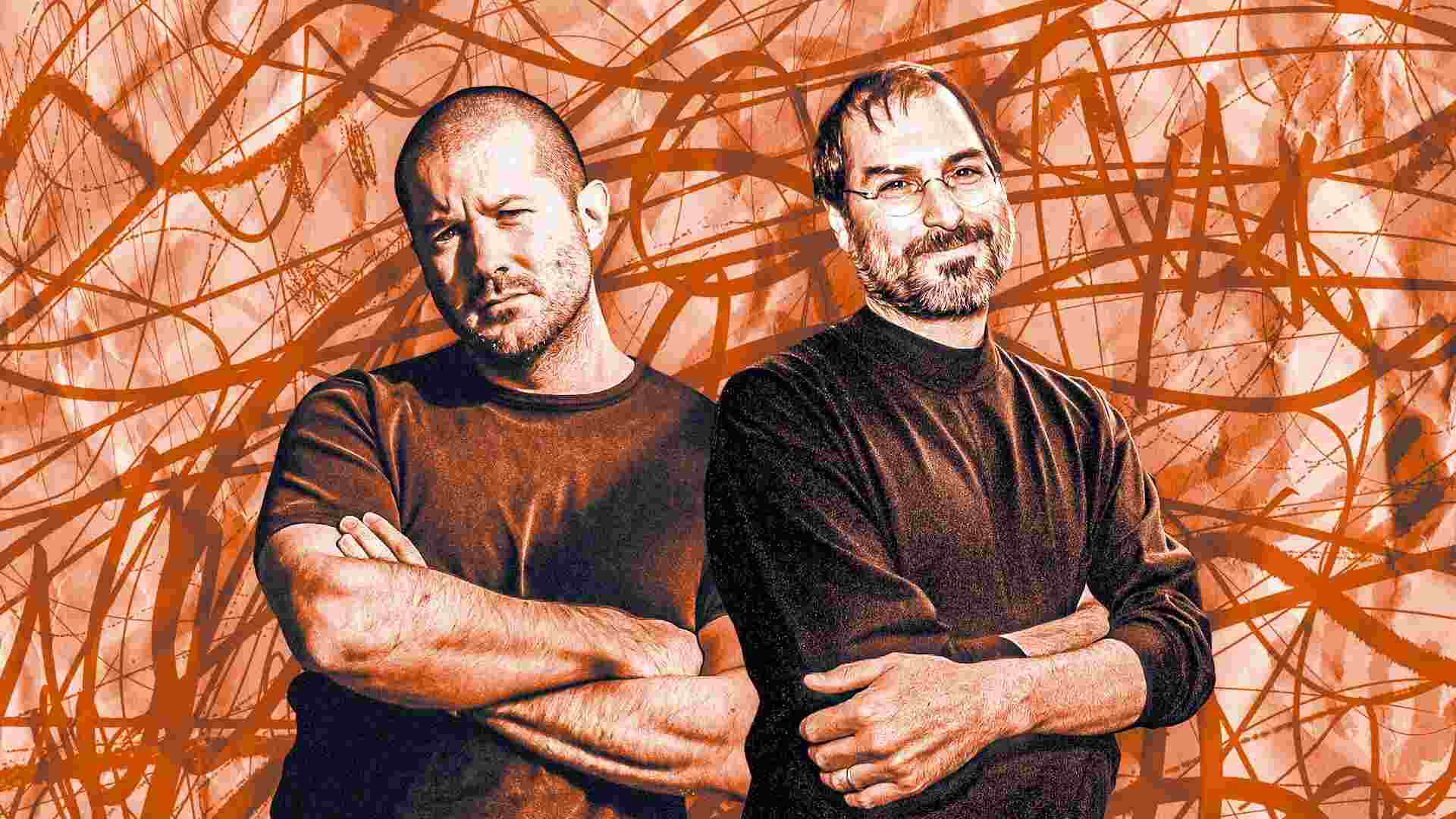- | 10:00 am
How AI is driving innovation to transform organizations
AI is revolutionizing businesses by streamlining processes. But how is it changing the way we innovate?

Artificial Intelligence (AI) has become the buzzword of our time. It’s everywhere. Amidst the hype, there’s a truth lurking beneath: efficiency is a commodity. AI enables humans to spend more time creating ideas than executing them. It’s allowing us to work, think, and innovate better and more effectively.
“Ideation will become the most sought-after commodity in business over time as mundane tasks reduce. As we move to an autopilot, we will be free to create and innovate,” says Karl Escritt, CEO of Like Digital & Partners.
Many companies are already using forms of AI for various purposes, from automation of manual processes to predicting and fulfilling customer demand.
In agriculture, AI improves productivity using robotics, soil and crop monitoring, and predictive analytics. AI algorithms are used in the automotive industry, from design, production, and vehicle maintenance to infotainment and autonomous driving. AI tools are used for fraud detection, algorithmic trading, and automated investing in the financial industry. In healthcare and pharmaceutical industries, it is for drug discovery, diagnostics, and allocation of resources. Or deploying digital twins to recreate patient variance in clinical trials.
We’re witnessing the dawn of the golden age of AI. AI-powered monitoring systems can analyze video feeds to assess potential workplace threats on factory floors. Companies are using sophisticated cloud software and camera networks to tip off on developing disasters.
AI has made efficiency the new standard. Generative AI can already do a lot. It’s able to produce text and images, spanning blog posts, program code, poetry, and artwork.
Interestingly, 86% of IT leaders believe generative AI will have a prominent role in their organization in the near future 45% of executives are increasing AI investments and early adopters are already reaping the benefits, freeing over 30% of employee time to drive revenue growth, cut costs, and deliver high-quality customer experiences and interactions.
By taking care of the more time-consuming and repetitive aspects, an AI can free up more time for creativity and innovation. These powerful tools are designed to help quickly generate ideas and expand them in ways one might not have thought of before. Moreover, they are incredibly easy to use – type in a few keywords and let the AI do the rest.
“We are in the middle of an AI revolution. It’s important to question where we stand and what’s next,” says Thierry Nicault, Area Vice President and General Manager at Salesforce Middle East.
PERSONALIZED LEARNING
At the heart of the AI hype is how it’s altering future generations’ perspective of the world.
“AI is reshaping how we work, communicate, and interact,” says Geoffrey Alphonso, CEO at Alef Education.
Can AI prepare students for a future that’s constantly evolving? AI’s use cases in education are endless. It’s emerging as an ally for educators, transforming classroom dynamics and expanding the horizons of what teaching and learning can be. AI’s impact on education is multifaceted, from personalized learning experiences to automating administrative tasks.
It’s important to keep curricula abreast of the latest tech trends. “AI-driven innovations have the potential to enhance personalized learning experiences, automate administrative tasks, improve accessibility, provide data-driven insights, and deliver real-time feedback to students and teachers,” says Alphonso.
Citing an example of the development of AI-powered tutoring systems and how it can provide students with personalized instruction and support based on their needs. “Down the road, AI is likely to play a critical role in making education more efficient and effective,” he says.
COMPETITIVE EDGE
“The future of AI-driven innovation is unprecedented; the innovation and adoption of generative AI has ushered in a new phase in the AI revolution that will spark a new tech investment cycle,” says Nicault.
Meanwhile, Escritt highlights the potential of AI in reshaping organizations, emphasizing the importance of a strategic approach. To harness the profound impact of AI effectively, it’s crucial to delve into the specifics of its implementation and purpose. The journey begins with a comprehensive understanding of where inefficiencies lie within a business—those time-consuming tasks that offer minimal intrinsic value to employees performing them. Organizations unlock a precious resource: time by automating or streamlining these processes.
“It is time that creates innovation and time that allows and fosters change,” he says.
Alphonso underscores the role of AI in fostering a collaborative atmosphere and facilitating the exchange of knowledge, which in turn nurtures diverse viewpoints and fosters creative ideas.
“We will see many job categories become redundant and replaced with new ones that as of yet don’t exist,” adds Escritt.
Through its predictive capabilities, AI enables companies to anticipate market trends and customer preferences proactively. “At Alef Education, we integrate AI into our products and leverage it as a driving force for our endeavors. Integrating AI-driven innovations is imperative for companies seeking to maintain competitiveness within our dynamic and evolving global landscape,” adds Alphonso.
AI innovations continue to deliver significant benefits to businesses, and adoption rates are expected to accelerate in the coming years.
Gartner predicts that by 2024, 30% of major organizations will use a new “voice of society” metric to act on societal issues and assess the impact on their business performance. To enhance their influence and reputation among customers, employees, partners, and society, organizations must incorporate digital ethics principles into their AI strategies.
Fast Company Middle East’s Most Innovative Companies acknowledges those that are using AI to make the biggest impact in the wide scope of product offerings. We encourage you to apply for it before our final deadline on October 10. If you think your company has a compelling innovation story, we would love to consider your application.
Now accepting applications for Fast Company Middle East’s Most Innovative Companies.































